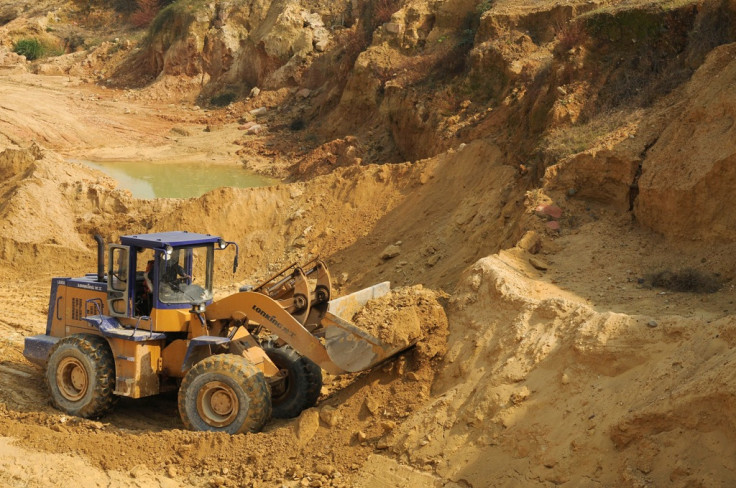Why China scrapped quotas on rare earth metal exports

Australian rare earths miner Lynas saw its shares tumble more than 14% on Tuesday, following China's announcement that it would abolish export quotas on rare earth metals.
The decision was wholly expected but the move has sparked volatility at Lynas regardless.
The company endured a torrid 2014 and the Chinese decision to abolish its export quotas has ensured that this year has begun in a similar manner.
Yet, the Lynas case is not really representative of the positions of other rare earths miners outside of China. Amid falling prices for so-called rare earths (which are not actually rare at all) Lynas was failing to cover its costs in 2014. The falling share price reflects a loss of faith in the company's business model as much a reaction to China's move to free up exports.
The abolition of the quotas is symbolically significant and is unlikely to have a major impact on the market. The quotas, first introduced in 2009 and attacked by the United States, the European Union and Japan at the World Trade Organisation (WTO,) were rarely filled anyway.
Despite the imposition of quotas in China, they have not actually been filled, meaning rare earths have not been withheld from the market. Moreover, demand has remained fairly stagnant for a number of years, as the scramble for rare earths failed to materialise.
While rare earths are key components in some Western-made products, the biggest demand actually comes from China itself, according to Emin Eyi, Managing Director of Tri-Star Resources.
"Rare earths are very much produced and used in China. The rest of the international demand on rare earths is not as big as what it is in China," he told IBTimes UK.
"It's the way that China makes its motors, its electric engines and rotary engines, they use slightly different systems effectively and that uses a lot of rare earths. The West...hasn't really adopted the same system as yet."
One small step towards normalising trade ties
The abolition of quotas follows a joint complaint by Japan, US and EU filed to the WTO in 2012. The trio won that case and China has now abided by the WTO rules.
While it is too soon to say with confidence that China is on course to comply with the rules of free trade, recent moves suggest that Beijing has learned lessons that protectionism can be self-defeating and that in order to get access to some of the materials it needs, it will have to comply with the free trade norms.
China recently agreed a far-reaching free trade agreement (FTA) with Australia that should reduce levies and import duties in both directions.
For China, this will mean reducing trade barriers which will lower the cost of importing commodities, something that could spur growth in the world's second largest economy as it aims to shift its growth model and boost domestic consumption.
While China has previously made and sold goods to consumers in Japan, the United States and the European Union, the shift towards selling goods for Chinese consumers means that they will have to reduce prices.
"What's going on is (China) is trying to make the costs of inputs in to China lower and if they've had to give up some of these quotas...they weren't being utilised, they weren't doing the job anyway," Eyi told IBTimes UK.
Beijing was pursuing free trade deals because its domestic consumers have a far lower purchasing power than consumers in the US or the EU, Eyi said. Beijing needs to import resources at lower costs, which means it will have to normalise trade ties.
"China has switched to making things and selling things to its own consumer base and it's dealing with a consumer that has a lower unit purchasing power. If you make a phone, you've got to make it cheaper to satisfy a customer that has got a lower buying power," Eyi said.
"Therefore you do whatever you can to make sure the cost of the ingredients for the product are as low as you can bring it. If it means giving up some export quotas on the other side then so be it."
© Copyright IBTimes 2025. All rights reserved.






















